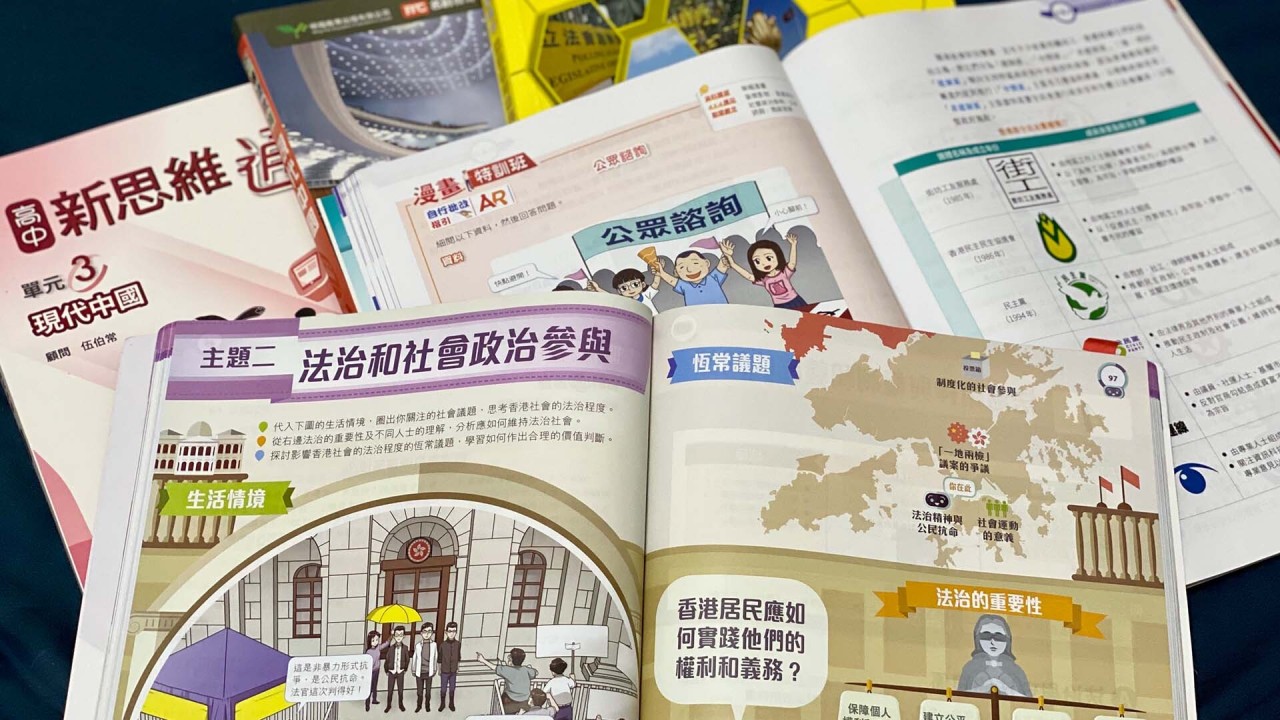
Explainer | National security law: what you need to know about the decision to hold a trial without a jury
- Tong Ying-kit will be tried by a panel of three judges at the city’s High Court in unprecedented move
- Other countries have occasionally done the same but there are some shortcomings to the process
Lawyers and legal scholars are already calling the arrangement unprecedented, and until it was made possible by the national security law last year it was unheard of for trials involving such serious allegations to be held without a jury at the city’s High Court.
Others acknowledge the existence of non-jury trials overseas, but have cautioned that there are shortcomings.
Here are some key questions surrounding the case.

05:50
What you should know about China's new national security law for Hong Kong
Why did the city’s justice minister decide not to have a jury?
The legal source said Secretary for Justice Teresa Cheng Yeuk-wah made the decision because of concerns about the safety of jurors and their families, as well as the real risk the administration of justice might be impaired.
Is this allowed under the national security law?
New judge to hear Jimmy Lai case as Hong Kong tycoon applies for bail once more
Have courts in Western countries tried national security cases in the absence of a jury?
Yes, but to a limited extent. The most notable example was the Diplock Courts in Northern Ireland between 1973 and 2007, which dealt with terrorist-related offences arising from conflict there between the 1960s and 1990s.
The non-jury setting still exists, although it is no longer automatic and requires the director of public prosecutions there to determine on a case-by-case basis.
But legal scholar Fiona de Londras, who specialises in human rights and security laws at the University of Birmingham, said the arrangement was slightly different from the rest of Britain.
“Terrorism trials are criminal trials and therefore treated as such,” she said.
While there may be exceptions when the court finds there is a situation of jury tampering, trials are generally conducted with a jury, even if it is conducted behind closed doors and protected by reporting restrictions when sensitive state information is involved.

De Londras said non-jury trials should be made exceptional and based either on a court order or the certification of an independent prosecuting body.
“Any deviation from the ordinary process – in this case jury trial – requires strong justification rooted in concerns about the integrity of the trial,” she said.
In Australia, jurors can be excused during closed-door hearings when a judge is to decide whether certain information involving national security is too sensitive to be revealed.
In Canada, crimes such as treason and sedition require a jury verdict unless suggested otherwise by the prosecution.
Singapore does not hold jury trials at all for criminal cases.
Opposition activists detained in mass security law arrests have bail extended
How about in Hong Kong? Are jurors present at all cases heard at the High Court?
All criminal cases heard in the Court of First Instance are tried by a judge, sitting with a jury of seven people or, where a judge so orders, nine.
The rules governing the formation and operation of a jury were specified in the Jury Ordinance.
Grenville Cross, the former director of public prosecutions, said jury trials were introduced in Hong Kong in 1845 by the Ordinance for the Regulation of Juries and Jurors as part of the English justice system. It was briefly suspended between 1941 and 1945 during the Japanese occupation.
The Post has spoken to a few veteran legal practitioners and scholars, including Cross. They all said they were not aware of any past incident in which a High Court criminal trial was conducted without a jury. “This is a new arrangement,” Cross said.

02:05
Hong Kong to teach new national security law in classrooms
When will Tong’s lawyers challenge the decision in court, and is he likely to succeed?
The legal source said any potential applications would not be filed soon, after the Court of Final Appeal on Tuesday answered a crucial question on the extent of the city courts’ jurisdiction in connection with the new law.
Hong Kong Bar Association chief has ‘no intention’ of stepping down amid criticism
What are the legal experts’ views on Cheng’s decision and Tong’s plans?
Professor Simon Young Ngai-man, associate law dean of the University of Hong Kong (HKU), believed that it was still plausible to judicially review Cheng’s decision. He said the top court’s verdict on Tuesday only meant it could not be argued that Article 46 had contravened the Basic Law.
Eric Cheung Tat-ming, another legal scholar from HKU, questioned Cheng’s reasons, when there was no evidence of any potential threat to jurors.
The scholar said the jury system was introduced as a safeguard to check against bad law, and Cheng’s decision had led to the natural consequence of giving the impression the government did not trust juries.
What was the government’s response?
“This is a piece of national legislation and Hong Kong is the primary authority for implementing [it],” she said. “That is already a very strong indication of trust.”
The justice department has declined to comment.



